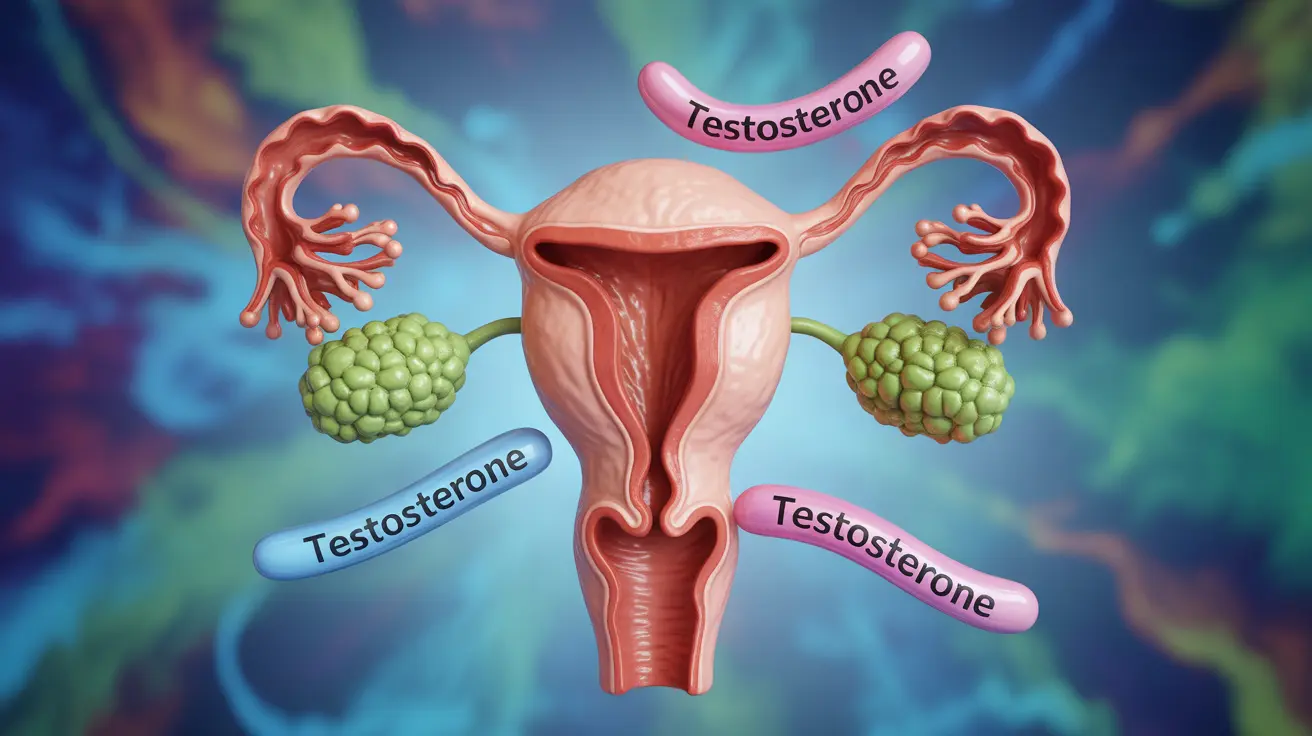While testosterone is often associated with male health, this vital hormone plays a crucial role in women's bodies too. Understanding female testosterone levels, their impact on health, and recognizing potential imbalances is essential for overall well-being.
In this comprehensive guide, we'll explore how testosterone functions in women's bodies, what happens when levels become unbalanced, and how to identify and address testosterone-related health concerns.
The Role of Testosterone in Women's Health
Women's bodies naturally produce testosterone in smaller amounts than men, primarily in the ovaries and adrenal glands. This hormone contributes to various essential bodily functions, including:
- Maintaining bone density and strength
- Supporting muscle mass development
- Regulating sex drive and libido
- Contributing to cognitive function
- Promoting energy levels and mood stability
Normal Testosterone Levels in Women
Healthy testosterone levels in women typically range from 15 to 70 nanograms per deciliter (ng/dL), though these values can vary based on age, overall health, and the testing method used. Understanding your baseline levels is crucial for identifying potential imbalances.
Signs of Testosterone Imbalance
Low Testosterone Symptoms
Women with low testosterone levels may experience:
- Decreased libido
- Fatigue and low energy
- Muscle weakness
- Depression or mood changes
- Difficulty concentrating
- Bone density loss
High Testosterone Signs
Elevated testosterone in women can lead to:
- Irregular menstrual cycles
- Acne outbreaks
- Unusual hair growth (hirsutism)
- Male-pattern baldness
- Changes in body composition
- Deepening of the voice
Testing and Diagnosis
Healthcare providers typically diagnose testosterone imbalances through comprehensive blood tests. These tests should be conducted in the morning when hormone levels are at their peak. Additional diagnostic tools may include:
- Physical examinations
- Medical history review
- Evaluation of symptoms
- Additional hormone level testing
Medical Conditions Affecting Testosterone Levels
Several conditions can impact testosterone levels in women, including:
- Polycystic ovary syndrome (PCOS)
- Congenital adrenal hyperplasia
- Cushing's syndrome
- Certain medications
- Tumors of the ovaries or adrenal glands
Age-Related Changes and Menopause
Testosterone levels naturally decline with age, particularly during and after menopause. This reduction can contribute to various symptoms and health concerns that many women experience during this life transition.
Treatment Options
When testosterone imbalances are identified, treatment options may include:
- Hormone replacement therapy (in specific cases)
- Lifestyle modifications
- Dietary changes
- Regular exercise
- Stress management techniques
- Treatment of underlying medical conditions
Frequently Asked Questions
Do women naturally produce testosterone, and what role does it play in their health?
Yes, women naturally produce testosterone in their ovaries and adrenal glands. It plays vital roles in maintaining bone density, muscle mass, sex drive, mood regulation, and cognitive function.
What symptoms might indicate low or high testosterone levels in women?
Low testosterone can cause fatigue, decreased libido, muscle weakness, and mood changes. High testosterone may lead to irregular periods, acne, unusual hair growth, and voice changes.
How are abnormal testosterone levels in women diagnosed and tested?
Diagnosis typically involves morning blood tests to measure hormone levels, along with physical examinations and evaluation of symptoms. Healthcare providers may order additional hormone tests to create a complete picture.
What medical conditions can cause high testosterone levels in women?
Common conditions include PCOS, congenital adrenal hyperplasia, certain medications, and tumors of the ovaries or adrenal glands. Each requires specific medical evaluation and treatment.
How does aging or menopause affect testosterone levels in women and their overall health?
Testosterone levels naturally decline with age and during menopause, which can impact energy levels, bone density, muscle mass, and sexual function. This decline may contribute to various menopausal symptoms and health concerns.




